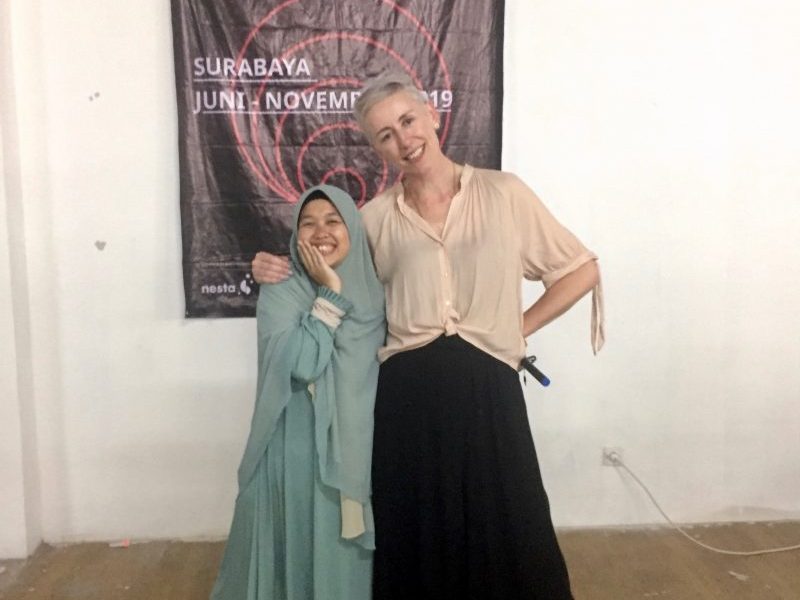
We’re retiring the now redundant From Now On and FixEd websites and as we’re letting go rather inevitably we’re rereading, reliving, feeling nostalgic. There’s a few posts which feel evergreen and maybe we’ll revisit some of them as we ease our way into the new Forth website. This one, from 2019, is part of an ongoing interest of ours in ‘hubs’, what they are, how they work (or don’t) and for what purpose. Right now in the studio we’re building an Open Schooling Hub as part of the Make it Open research project, while exploring in another project the model for a vocational school, and how it might get more ‘hubness’. Reposting the 2019 piece here, with a view to creating a foundation for more posts in the future – watch this space.
There are, apparently, 400 hubs in Indonesia. 100 of them applied for a new Creative Hubs Academy that our Director Dee Halligan was recently asked to devise for 3-headed client Nesta, British Council and Hivos. Somewhere short of 20 ended up in a room with her in June 2019 as she piloted a 6 month capacity building programme, supporting them to shape their strategic proposition and refine their programmes.
It’s obvious that the term Hub has become a catch-all, but for what? Both globally and in the UK it’s used to herd things which have happened forever – libraries, community centres, venues, shared studio spaces, craft workshops, research institutes, business centres – alongside more recent phenomena – co-working spaces, makerspaces, incubators, container villages, meanwhile spaces.
She had some thoughts about why the word ‘hub’ is more than just jargon thrown up by the zeitgeist, and what you could learn from what they’re doing. Read about them here.
Pictured: Dee with the fabulous Ratu Fitri of Substitute Makerspace, Surabaya.




